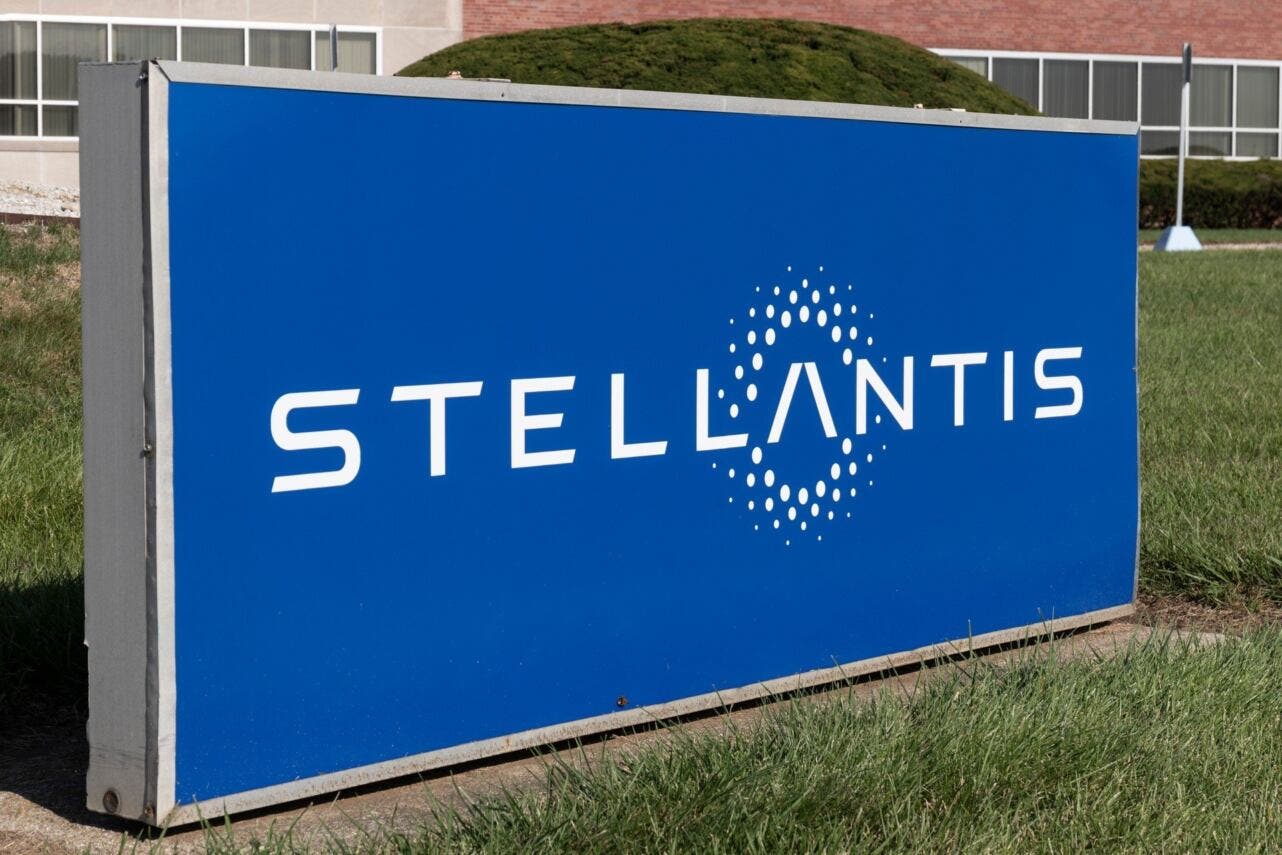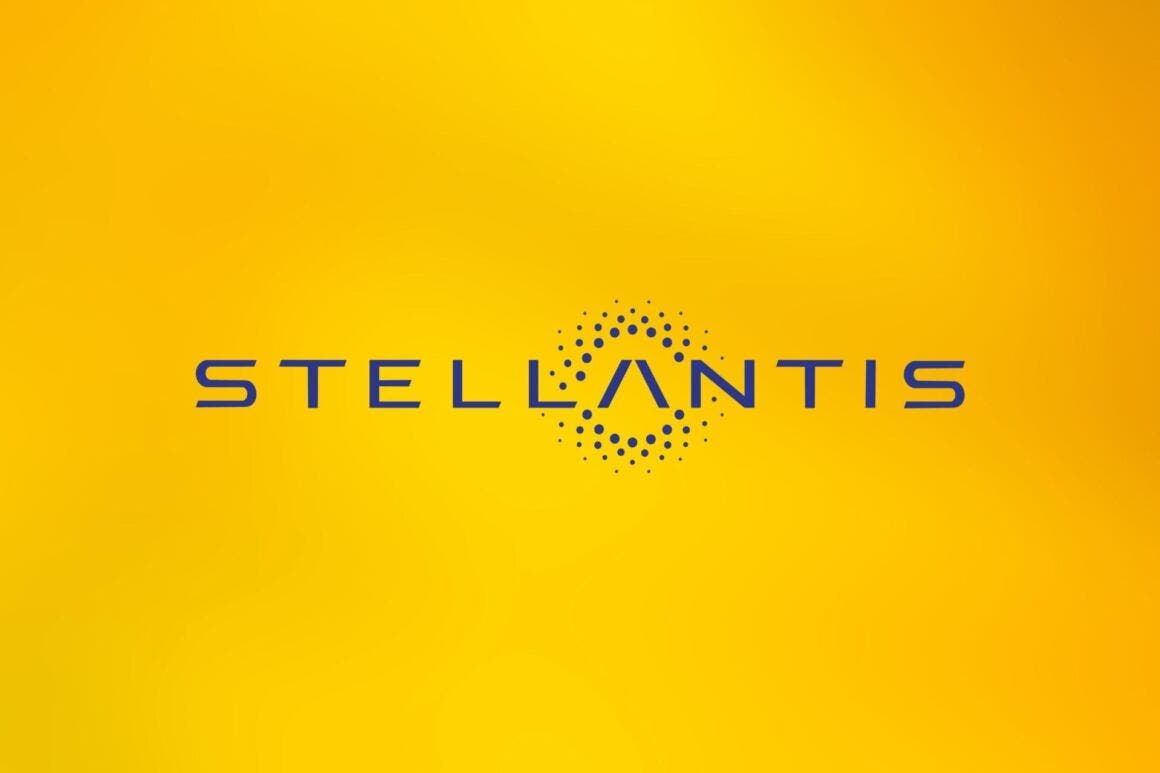Stellantis has decided to source its engineering workforce from low-cost countries, including Morocco, India, and Brazil. This strategic move aims to mitigate expenses amidst competitive pressure from Chinese electric vehicle manufacturers and a global slowdown in EV demand. The cost of hiring an engineer in these low-cost countries is around $55,000 per year, significantly lower than rates in traditional automotive hubs like Europe or the US, where costs can be up to five times higher.
Stellantis turns to engineers from India, Morocco, and Brazil to cut costs

The automotive industry is undergoing a significant transformation, with manufacturers worldwide seeking to produce more affordable vehicles. This shift comes in response to waning demand for electric vehicles and the need to remain competitive against emerging Chinese players. Stellantis’ approach to cost management involves a focus on labor cost optimization, as emphasized by CFO Natalie Knight.
Knight underscored the continued importance of cost discipline, particularly in the area of labor, during the company’s recent earnings presentation. This presentation saw Stellantis’ shares plummet by 11.5%, marking their most significant decline in two years, amid concerns over slowing European demand and margin pressures.
In its pursuit of cost efficiency, Stellantis is not only seeking to save money but also to enhance its capabilities in critical areas such as software development, artificial intelligence, and battery cell chemistry. The company’s global strategy involves significant layoffs in the engineering sector at its US headquarters in Auburn Hills, Michigan, while simultaneously planning to increase the engineering workforce in Brazil by approximately 500 positions. This global redistribution of engineering roles has, however, led to some development challenges, such as issues with the steering system of the Smart Car platform that necessitated the intervention of French and Italian engineers.
Stellantis’ global workforce strategy and cost-cutting measures have sparked political controversy and union discontent, particularly in Italy, France and United States. The company faces pressure from the Italian government and unions over job cuts and working conditions. Additionally, CEO Carlos Tavares’ compensation package has drawn criticism from several analysts, highlighting a perceived disconnect between executive pay and broader workforce challenges. This situation underscores the delicate balance Stellantis must maintain between operational efficiency, employee well-being, and political considerations.
